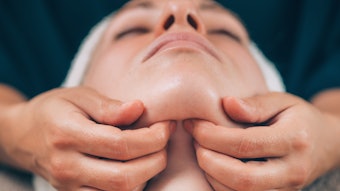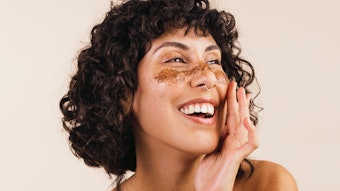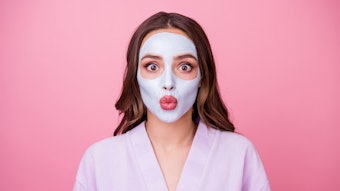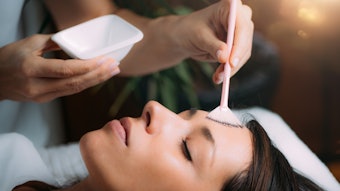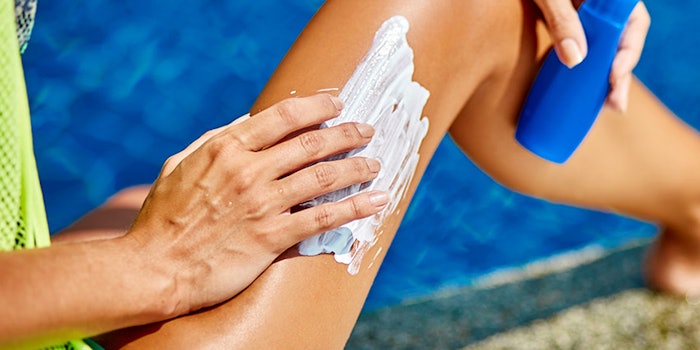
Have you noticed that every client believes they have sensitive skin? While there are a number of myths when it comes to sensitive skin, here are #10things you should know about it.
1. It’s not always genetic.
Just because their mom has sensitive skin doesn’t mean they will. We often hear, ”My 90 year old grandmother puts coconut oil on her face, drinks whiskey and smokes a pack of cigarettes every day and she has beautiful skin!” Genetics obviously play a part in our predisposition to sensitivity; however, it’s not the only factor.
2. Tanning doesn’t improve sensitivity.
I’ve heard clients say that their skin is less sensitive with a healthy tan. We all know there is no such thing as a healthy tan. Clients like the way their skin looks when it is tan, and they think it must be healthier because it “looks” better. Remind them that tanning beds are UV rays too.
3. Cleansing is still important.
There is a myth that if you skin is sensitive, it shouldn’t be cleansed. Mild cleansers and exfoliation can actually help calm skin down. Product knowledge is key here.
4. Avoid flare scenarios.
Not all skin types should be in a hot yoga class. Encourage clients with inflamed skin to avoid overheating. These flare-ups will get worse in sweaty or steamy environments.
5. Dairy can be inflammatory.
Clients don’t understand the difference between having an allergic reaction and just being sensitive to dairy. Dairy products for some people cause an inflammatory response.
6. There is a place to cleanse.
Clients that live in cold and/or dry climates tend to take hotter showers. The water in the shower is usually too hot for the face. Encourage them to wash their face in room temperature water.
7. Sunscreen is a must.
No one is too sensitive for sunscreen. There are many quality physical sunscreens that are perfect for sensitive skin clients. If they are exposed to UV rays, sunscreen and a brimmed hat is a must.
8. Moisturizer help is needed.
Sensitive clients may experience discomfort with moisturizer. They may be so dehydrated and sensitized that everything hurts. They need hydrating and calming ingredients and fragrance-free products. Explain the difference between being oil dry and water dry.
9. Watch for signs of dehydration.
Dry, cracked lips is sometimes a sign of dehydration. Ask the client about his or her water intake. Skin is the largest organ of the body, and water is a must.
10. Spot your “peel junkies.”
We all have the “peel junkie” clients. Their skin is sensitive because their barrier function has been impaired. This client needs a routine to calm the skin and rebuild it’s natural barrier function.
One of the things I love about being a skin therapist is that we are like detectives. Most clients are not able to diagnose their skin accurately. Use these #10things, your knowledge of skin histology and ask open ended questions. Remember, you have the license.



